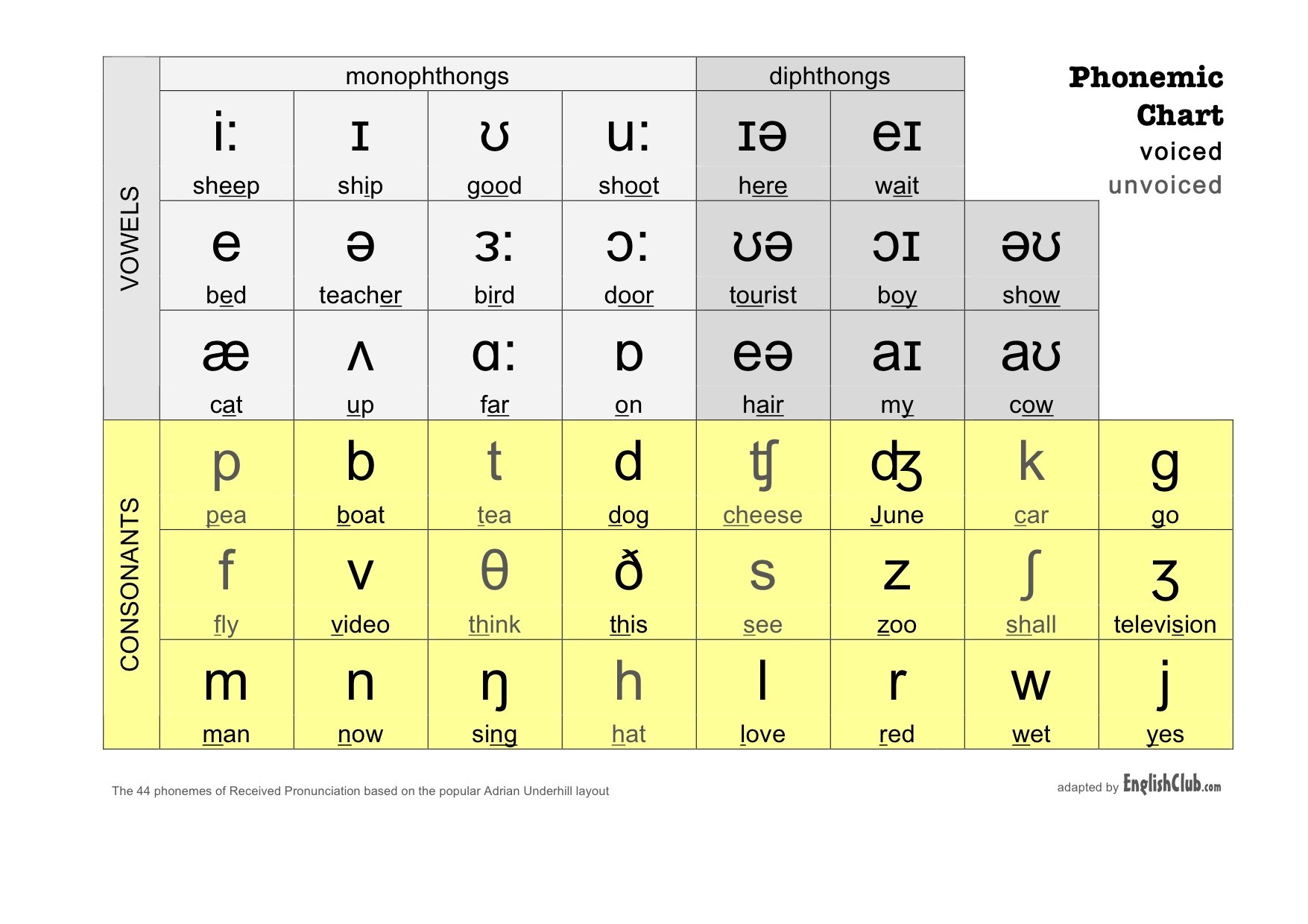
1. A recent Gallup poll finds that American adults are reading fewer books each year: Americans say they read an average of 12.6 books during the past year, a smaller number than Gallup has measured in any prior survey dating back to 1990. U.S. adults are reading roughly two or three fewer books per year than they did between 2001 and 2016.
2. The decline is greater among subgroups that tended to be more avid readers, particularly college graduates but also women and older Americans. College graduates read an average of about six fewer books in 2021 than they did between 2002 and 2016, 14.6 versus 21.1. This is a worrying trend.
3. It’s possible, of course, to read fewer books and still engage in deep thinking. You can watch university classes on YouTube and read scientific papers online. Wikipedia does more than paper encyclopedias could have ever accomplished.

With the introduction and widespread use of smartphones, social media, and digital distractions, how has technology influenced reading habits?
4. Yet books still represent the best format for deep, sustained engagement with an idea or story. A decline in reading books does not necessarily mean a loss of depth in every case, but it probably indicates a trend toward more shallow engagement on average so why Has Reading Books Declined?
5. The poll did not analyze the cause of the decline. However, a likely explanation is that this decline closely tracks the rise of social media and smartphones. Reading books is a leisure activity that struggles to compete with the algorithmic engineering underlying most online content.
6. Anecdotally, this fits with many conversations I have had. Many people who used to pick up a book during their spare time now pick up their phone instead.

What unique benefits do books offer as a medium of knowledge and storytelling?
7. Reading books is both a skill and a habit. As an acquired skill, reading is initially effortful but becomes easier as we become fluent, recognizing words and building background knowledge of the matters discussed. As a habit, reading is something we choose to do (or not) in our moments of downtime.
8. But both skills and habits can atrophy. If you spend less time reading, it takes more effort to work through challenging texts. If you decide to read less often, choosing to read becomes more effortful. Reading books, and the opposite, can both become self-reinforcing actions—readers read more books, while nonreaders find it increasingly hard to do so.
9. Given this state of affairs, it’s alarming that book reading is waning. Even if articles like this one act as a partial substitute, the skills and habits needed to engage deeply with ideas may still be declining. Curating our media consumption may be necessary if we want to be the exception.

As people read less in general, what effects might this have on the preservation of cultural heritage, literature and education ? What books do you think are essential?
( CONTINUED DISCUSSION )
These are the often cited “10 Best Books of All Time” – how many of these have you read? Which books would you ad to this list / what are your three personal favorite books?
1. Anna Karenina by Leo Tolstoy
2. Madame Bovary by Gustav Flaubert
3. War and Peace by Leo Tolstoy
4. Lolita by Vladimir Nabokov
5. The Adventures of Huckleberry Finn by Mark Twain
6. Hamlet by William Shakespeare
7. The Great Gatsby by F. Scott Fizgerald
8. In Search of Lost Time by Marcel Proust
9. The Stories of Anton Chekhov by Anton Checkhov
10. Middlemarch by George Eliot
Phonetic Chart




